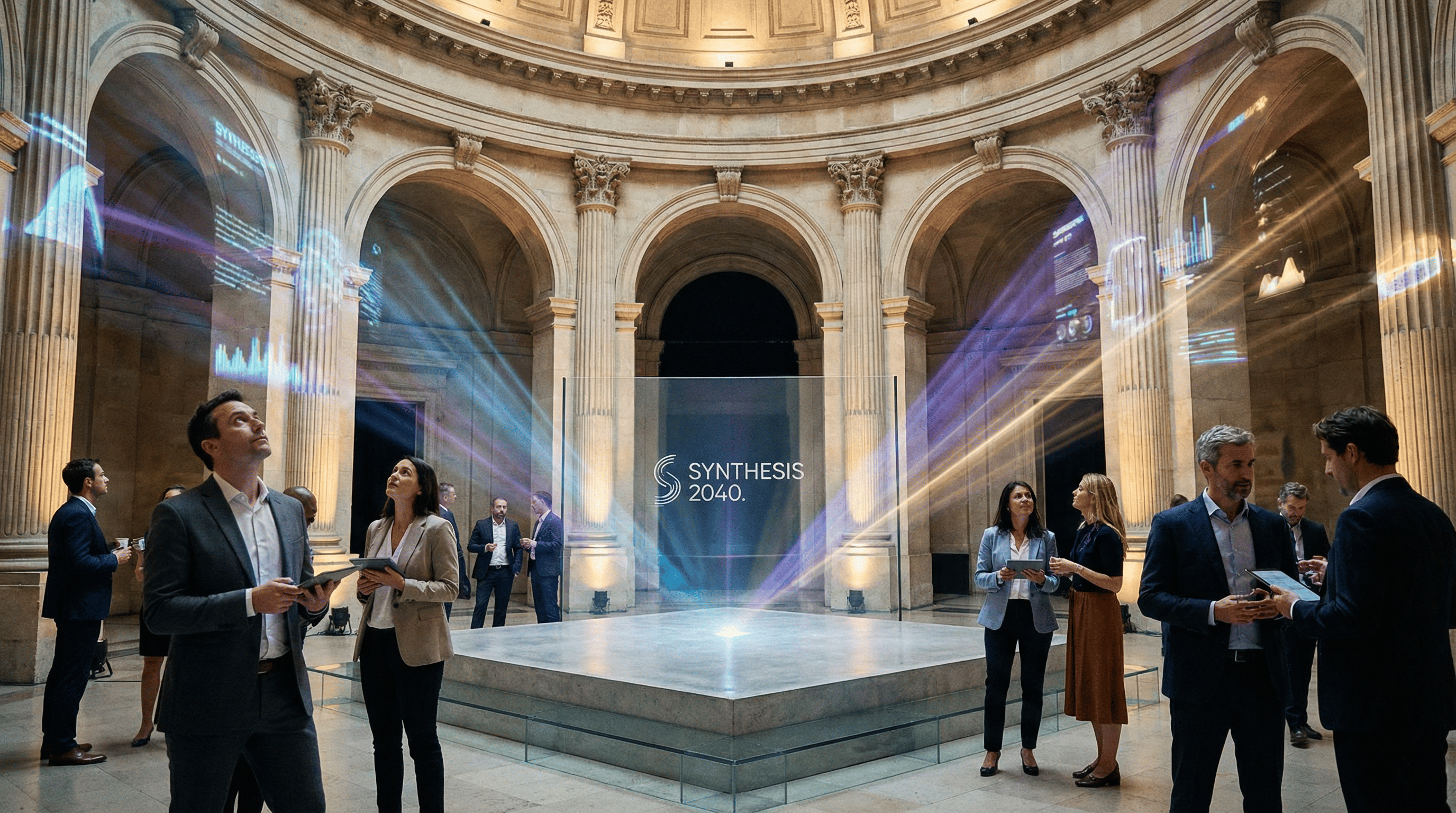
Event tourism has become one of the most powerful ways for destinations to attract visitors, build identity, and generate economic impact. From music festivals to sports championships, cultural celebrations, and business conventions, events are now a core part of travel experiences around the world.
In this article, we’ll explore what event tourism is, the types of events that drive travel, why destinations invest in them, and how they contribute to local communities.
What Is Event Tourism?
Event tourism refers to travel motivated by attending or participating in events. These events can be cultural, sporting, entertainment-focused, educational, or business-related. What makes this type of tourism unique is that the event itself is the main reason the traveler chooses the destination.
Destinations use event tourism to attract first-time visitors, stimulate local spending, and strengthen their global image. A well-known event can put a city on the map and draw visitors long after the event is over.

Why Event Tourism Matters for Destinations
1. Economic Impact
Events bring visitors who spend money on hotels, restaurants, transportation, and entertainment. Major events—like international sports games or large conferences—can generate millions in revenue within a few days.
2. Year-Round Tourism Boost
Events help destinations avoid seasonality. For example, a beach town may host a winter marathon or a food festival to attract travelers during slow months.
3. Community and Cultural Development
Local communities benefit as events showcase traditions, art, cuisine, and cultural identity. Festivals, parades, and religious celebrations help preserve heritage while inviting visitors to experience it firsthand.
4. Destination Branding
Many cities are globally recognized due to their signature events—think Rio de Janeiro for Carnival or Cannes for its film festival. Events reinforce how a destination wants to be perceived.
Types of Events That Drive Travel
Cultural Events
These include festivals, religious celebrations, parades, food markets, and art fairs. They allow visitors to connect with the history and identity of a place.
Sports Events
From local tournaments to global competitions like the Olympics or World Cup, sports events attract massive international audiences and create long-term economic benefits.
Business Events (MICE)
Meetings, Incentives, Conferences, and Exhibitions draw corporate travelers, who typically spend more than leisure tourists. Cities invest heavily in convention centers and infrastructure to attract these events.
Entertainment Events
Concerts, lifestyle expos, theater shows, and music festivals create vibrant, memorable experiences that appeal especially to younger travelers.
Community or Local Events
Farmers markets, town fairs, and seasonal celebrations may attract fewer visitors but strongly support local engagement and economic circulation.

How Destinations Develop Successful Event Tourism Strategies
1. Understanding the Target Audience
Destinations analyze traveler interests to select events that resonate with the right demographics, such as food lovers, music fans, or sports enthusiasts.
2. Investing in Infrastructure
Transportation, public spaces, security, and accommodations must support large inflows of visitors. Strong infrastructure helps guarantee a smooth and safe experience.
3. Building Partnerships
Collaboration between tourism boards, event organizers, sponsors, local businesses, and government ensures events are well-funded and well-executed.
4. Marketing and Promotion
Social media campaigns, influencer partnerships, and international advertising help create anticipation and increase attendance.
5. Measuring Performance
Destinations evaluate visitor numbers, spending, brand exposure, and community feedback to decide whether the event should grow, evolve, or be discontinued.
The Future of Event Tourism
Event tourism continues to evolve with trends like sustainability, digital experiences, and hybrid events. Eco-friendly festivals, technology-driven sports events, and virtual access tickets are expanding the reach of events beyond physical attendees.
Destinations that innovate, prioritize visitor experience, and respect local cultures are likely to stand out in a competitive global tourism landscape.
FAQs About Event Tourism
1. Why is event tourism important for cities?
It stimulates the economy, boosts the destination’s image, and encourages both international and local engagement. Cities benefit from increased spending, media exposure, and long-term tourism growth.
2. What kinds of events attract the most tourists?
Major sporting events, music festivals, cultural celebrations, and business conferences generally draw the largest crowds.
3. How does event tourism support local communities?
Events create jobs, promote local businesses, and highlight cultural traditions, helping communities develop a stronger sense of identity and pride.
4. Is event tourism sustainable?
It can be, especially when events focus on waste reduction, local sourcing, responsible travel, and community involvement.
5. How do destinations measure the success of event tourism?
They analyze visitor numbers, economic impact, social benefits, media exposure, and long-term tourism growth.

.png)

.png)
.png)
.png)
